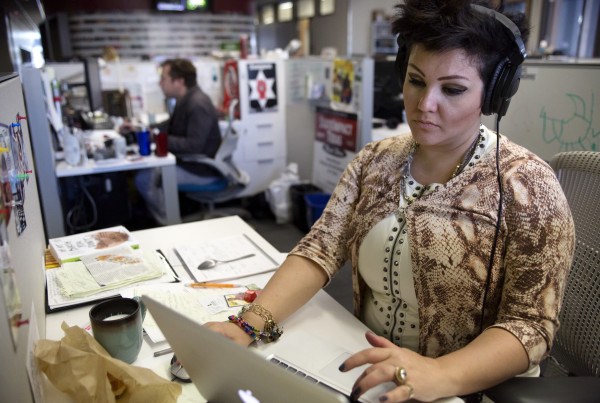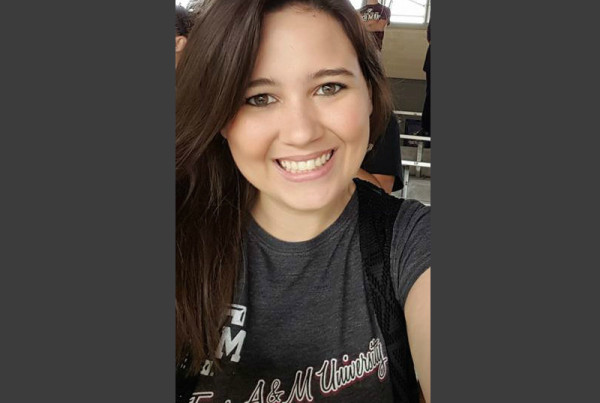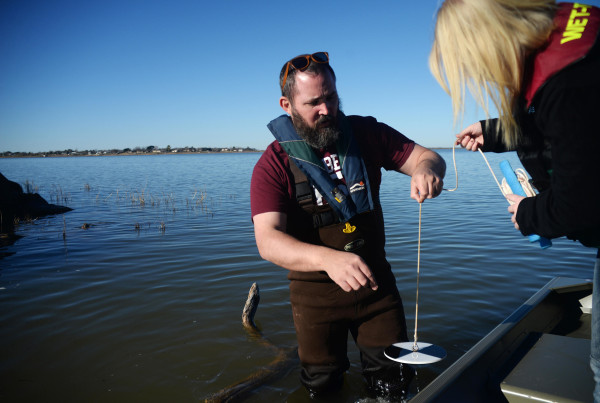This month two male students filed separate lawsuits against the University of Texas at Austin. The men claim they were unfairly treated after allegations of sexual assault were made against them. Authorities never charged either student, but university officials have moved to expel both of them. The plaintiffs say the university is using them as scapegoats to demonstrate the school is tough on sexual assault.
This case has raised some questions: What can schools do in sexual assault cases? What rights do accused students have? How common are these lawsuits?
Samantha Harris, director of policy research for the Foundation for Individual Rights in Education, says everyone agrees universities and law enforcement should investigate sexual assault claims, but the problem is the kind of procedures adopted as a response to pressure from the federal government.
“A lot of universities have begun adopting procedures that deny students who are accused of sexual misconduct the right to a fair procedure, to a fair hearing on campus,” she says.
Neither case was reported to the police and Harris says students have the right to due process, but it’s not the same process as in a criminal court.
“Despite the fact that it’s a public institution, it’s more akin to an administrative proceeding,” Harris says. “But sexual misconduct is a serious offense and being labeled as someone who has committed sexual misconduct can have potential lifelong consequences. So there needs to be some sort of fair procedure.”
In his lawsuit, one student alleges that he wouldn’t have the right to confront his accuser and wouldn’t have the opportunity for the accuser to be cross-examined. Campus officials, in an effort to appear tough on this issue, still have the choice to offer a fair hearing to students who have been accused.
“Taking it seriously does not mean depriving an accused student of any rights,” she says. “And taking it seriously doesn’t mean finding every accused student guilty without offering them a fair procedure.”















